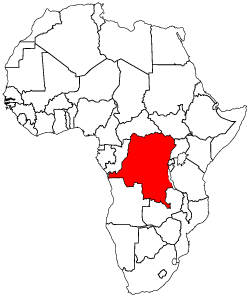
Despite its vast material wealth, the Democratic Republic of the Congo has long been a very poor nation. Half of the country’s population lives below the poverty line, living on less than $1 a day, especially those in rural communities. More than 5.8 million Congolese are now displaced and more than 7.5 million people do not have enough food to eat.
Salesian missionaries have been working in the Democratic Republic of the Congo for more than 100 years ensuring that the most vulnerable children are not forgotten. Salesian primary and secondary schools and programs lay the foundation for early learning while Salesian trade, vocational and agricultural programs offer many youth the opportunity for a stable and productive future.
Close to 4,000 youth, parents, Salesian staff and community members are benefiting from two water projects at Salesian training and vocational centers in the city of Lubumbashi. The projects ensure clean fresh water for the students and the sustainability of the water sources for their facilities.
The Salesian-run Kansebula St. Jean Bosco Institute and Chem Chem Center completed the renovation of outdated water systems, which wasted energy and had insufficient quantities of water. At Kansebula, the project consisted of erecting a high water tower and two 2,500-liter water tanks in connection to the existing water system. This project improved water management and protected the water pump in use. At Chem Chem, the project upgraded the existing water system to allow proper quantities of clean water for students. This was accomplished by deepening the existing well, erecting a high water tower and installing two 2,500-liter water tanks.
In 2019, children, young mothers and pregnant women were provided access to safe, clean drinking water thanks to a water project funded by donors through Salesian Missions “Clean Water Initiative.” The project is impacting 150 youth living at the Salesian Chem Chem Youth Center as well as the surrounding population of more than 2,000.
The project sought funds to drill a motorized well, build supports for plastic tanks and install a solar-powered immersion pump. With the project complete, young women and children will no longer have to travel far distances in search of clean water.
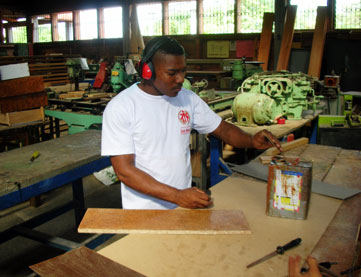
From Democratic Republic of the Congo

From Democratic Republic of the Congo
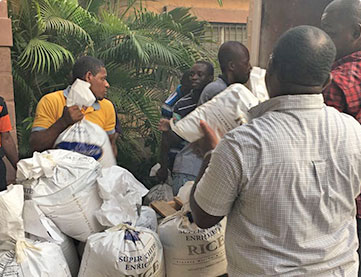
Salesian Missions includes agriculture in its vocational training programs – to ensure that youth of Rwanda learn better agricultural practices as well as keep the school self-sustaining in the face of the country’s food shortages.
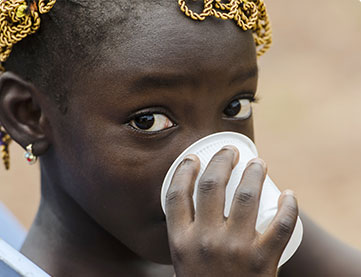
Salesian Missions includes agriculture in its vocational training programs – to ensure that youth of Rwanda learn better agricultural practices as well as keep the school self-sustaining in the face of the country’s food shortages.
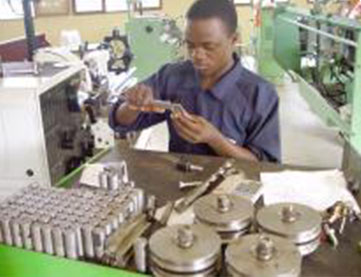
Salesian Missions includes agriculture in its vocational training programs – to ensure that youth of Rwanda learn better agricultural practices as well as keep the school self-sustaining in the face of the country’s food shortages.